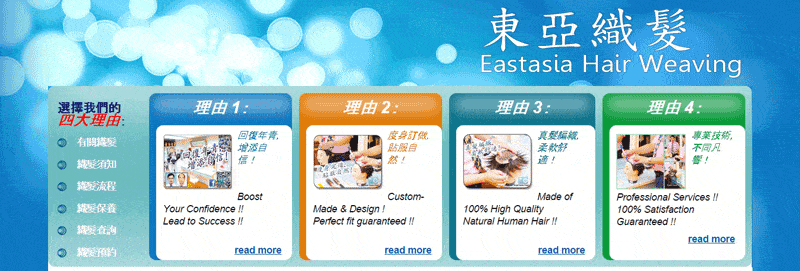“the last straw”又中又英
In recent weeks there have been many news reports about restaurant chains banning the use of plastic straws to protect the environment. Multinational and local restaurant chains in many countries are under pressure to stop supplying plastic straws to customers because the world is producing too much plastic waste. Plastic straws cannot be recycled and are sent to landfills. Some eventually get into the world’s oceans, endangering sea life and even people who eat seafood. The expression “restaurant chain” means a restaurant company that has many stores selling similar products. The word “multinational” used this way means a business that operates in many countries. Hong Kong has many multinational and local restaurant chains that sell fast food.The English language media in Hong Kong and overseas often use “the last straw” as the headline for their reports about the banning of plastic straws. It is a very clever headline that plays on words. The idioms “last straw” or “final straw” mean the last in a series of unpleasant or difficult events that makes you feel you can no longer accept the bad situation. For example, you can say: “I lost my mobile phone on the way to work. Then my boss told me I was fired. When I went home I found my wife with another man. It was the last straw.
The media likes to use “the last straw” as a headline for the banning of plastic straws because it describes a situation where it is no longer acceptable to use plastic straws. The idiom comes from the idiom “the straw that broke the camel’s back” which originally came from a proverb. It has a similar meaning to “the last straw”. It means a large number of small things can eventually cause disaster or a big change. For example, you can put one thing after another on a camel’s back. But eventually the camel will not be able to carry anything more. If you then put even one straw on the camel’s back, it will collapse. I stopped using plastic straws a long time ago. I hope you will stop too.
最近幾星期有許多報道指,連鎖餐廳(restaurant chains)禁止再用膠飲管,以響應環保。許多國家的跨國(multinational)與當地的連鎖餐廳(restaurant chains)都在面臨壓力,不得不停止提供膠飲管給顧客,因為世界已製造了太多塑膠廢物。膠飲管不能被回收再造,只能送去堆填區;有些最終會進入海洋,危及海洋生物甚至吃海鮮的人。習語 restaurant chains意即連鎖式的餐飲公司。 Multinational 在這裏是指在多國都有業務的跨國生意。香港有許多售賣快餐的跨國(multinational)和本地連鎖餐廳(restaurant chains)。
香港和海外的英語媒體報道禁止使用膠飲管時,不時會用到“the last straw”作為標題。這是個一語帶雙關、非常巧妙的標題。成語“last straw”或“final straw”是指在一連串不快或艱難事件中,最終使你忍無可忍或令你崩潰的最後一擊。譬如,你可以說:「我上班的途中丟失了手機,然後我的老闆告訴我我被炒了。當我回到家,我發現我老婆跟另外一個男人在一起——那就是 the last straw。」
傳媒喜歡用“the last straw”作為膠飲管被禁用的標題,因為它描述了膠飲管不能再被容許使用的一個情況。這個慣用語來自成語“the straw that broke the camel's back”(「壓垮駱駝的最後一根稻草」),它本身來自一個諺語,跟“the last straw”的意思相近。它的意思是大量的小事最終亦能引發一個災難或巨大的轉變。例如,你可以在駱駝的背上放上一樣又一樣的東西,但最終那隻駱駝也會不勝負荷;若你再在駱駝的背上放東西,即使只是一根稻草,牠也會倒下。我很久以前就已經停用膠飲管了,希望你也停用吧。
頁:
[1]
